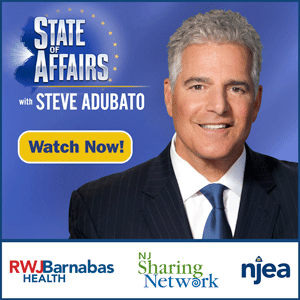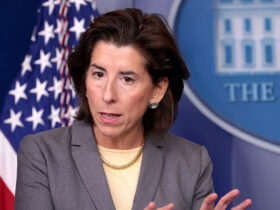 Let’s say you were seated at a restaurant for the first time and flipped through the menu but didn’t like any of the options. Would you just pack your things and leave? Or, would you enjoy your company while enduring a mediocre meal? In 2016, millions of people faced a similar, yet much more meaningful, impasse.
Let’s say you were seated at a restaurant for the first time and flipped through the menu but didn’t like any of the options. Would you just pack your things and leave? Or, would you enjoy your company while enduring a mediocre meal? In 2016, millions of people faced a similar, yet much more meaningful, impasse.
That year, during the presidential election, approximately 18% of voters had an unfavorable view of both candidates Donald Trump and Hilary Clinton. That statistic could directly correlate with the hundreds of millions of people who didn’t show up at the polls. Nevertheless, despite the argument that the act of not voting is a democratic right, voting should still be encouraged and practiced. Whether or not you like either of the candidates, it is your duty to show up to the polls.
When both candidates seem unbearable, I suggest you first consider their political party affiliation. While simply checking off a candidate of your preferred party without research or regard to his or her policies and morals is not recommended, a candidate’s views may match with yours based on his or her party association. Because most Democrats share one overlying goal, choosing a Democratic candidate may be the best option for a liberal voter, and the same vice versa. However, given that both candidates still displease you, keep in mind the numerous underlying factors of voting for the president rather than just that single person. In simpler terms, think about a situation where a Republican president is elected over a majority Republican Congress. The nation’s government would be highly Republican and will likely reflect Conservative perspectives and values. This is what’s known as a unified government as opposed to a divided one.
Like the growing split between each Conservatives and Liberals, people across the nation share opposing views regarding a unified government. Supporters argue that this type of government speeds up the legislative process and leads towards more work getting done. In fact, studies show that divided governments from 1949 to 2010 slowed the process for the passing of significant bills such as the patient Protection and Affordable Care Act of 2010 by several months. It was also determined that the average time difference between a divided and unified government regarding passing important legislation was approximately sixty days.
On the other hand, opposers argue that a unified government puts the government in peril. According to William A. Niskanen, an economist who worked with Former President Ronald Reagan, the possibility of entering a major war is much lower with a divided rather than a unified government. In the 20th century, the United States entered all major wars when the President and Congress were of the same party. Furthermore, Niskanen argued that a divided government had a better record of sustaining major improvements within our country, referring to Reagan’s successful tax reforms of 1981 and 1986. Finally, a divided government points toward a lower rate of increase in federal spending, meaning that the ratio of government spending to GDP becomes smaller.
If the differences between a unified versus divided government have not convinced you enough to go to the polls, also understand that the president is capable of appointing members to the Cabinet of the United States. This body holds the Vice President as well as head officers of fifteen executive departments. Our president can nominate Cabinet members, those of whom have a high significance in our federal leaders’ decision-making processes. Currently, most of President Trump’s Cabinet members identify as Republican, including his Vice President Mike Pence and Secretary of State Mike Pompeo. Although cabinet members are likely to support Trump with his decisions, they still have immense influence within our government and our nation. And, although you won’t know who each candidate will choose to appoint into the Cabinet, candidates will most likely nominate those who identify with the same party and have similar political views. Therefore, even if Trump’s poor articulation and dishonesty made him unappealing, perhaps his more eloquent and morally upright future Conservative Cabinet members will align with your political leanings. In this case, voting for Trump would be a possible option and an improved alternative to staying home on Election Day.
It is a tough choice when two seemingly inapt candidates run to become the leader of the nation for the next four years. Nonetheless, staying at home on Election Day is a waste of your democratic ability. It is unfair to those who have fought long and hard throughout our history to secure the power of the vote.















